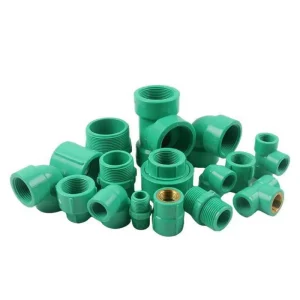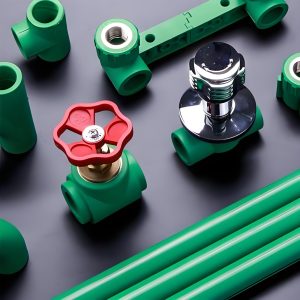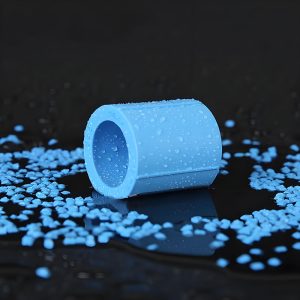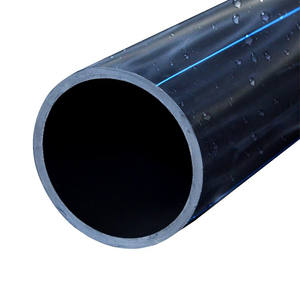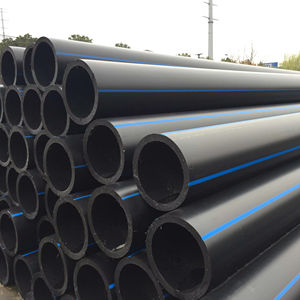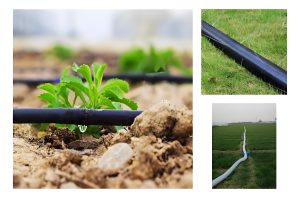LUOYANG DATANG ENERGY TECH CO.,LTD
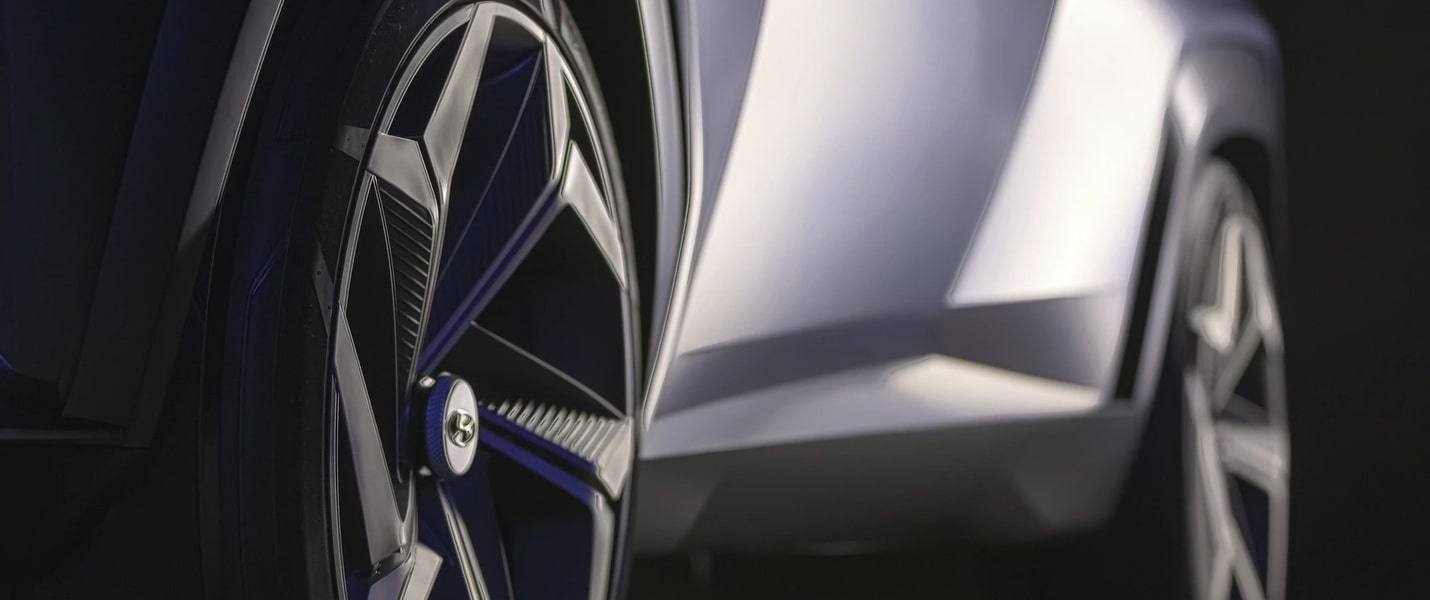
Industrial Pipeline Corrosion Prevention: Complete Guide for Water Systems
Corrosion in industrial water supply pipelines is more than just a maintenance issue—it’s a critical operational challenge that can lead to system failures, production downtime, safety hazards, and significant financial losses. Understanding industrial pipeline corrosion mechanisms and implementing effective corrosion protection strategies is essential for any facility relying on water systems.
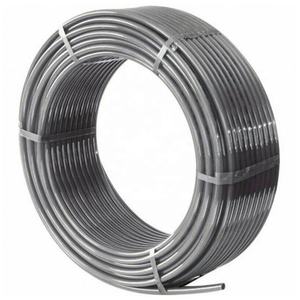
Understanding Industrial Pipeline Corrosion
Industrial pipeline corrosion occurs when metal pipes deteriorate due to electrochemical reactions with their environment. In water systems, this process accelerates due to constant exposure to moisture, chemicals, and varying temperatures. The most common types of corrosion affecting water supply pipelines include:
- Uniform Attack Corrosion: General thinning of pipe walls across the surface
- Galvanic Corrosion: Occurs when dissimilar metals contact each other in electrolyte-rich water
- Pitting Corrosion: Localized attacks creating small holes or pits in the pipe wall
- Erosion Corrosion: Combined effect of chemical attack and physical wear from fluid movement
- Microbiological Corrosion: Caused by microorganisms in water systems accelerating deterioration
Selecting Corrosion-Resistant Pipe Materials
Choosing appropriate corrosion-resistant pipe materials is the first line of defense against pipeline deterioration. The selection depends on water chemistry, temperature, pressure, and environmental conditions:
| Material | Best For | Corrosion Resistance |
| Stainless Steel (304/316) | Most water applications, chemical transport | Excellent resistance to various corrosive elements |
| HDPE (High-Density Polyethylene) | Water distribution, drainage systems | Highly resistant to chemical and electrochemical corrosion |
| CPVC | Hot and cold water distribution | Excellent resistance to acidic and alkaline water |
| Fiberglass Reinforced Plastic | Highly corrosive environments | Superior resistance to chemical corrosion |
| Copper (with protective coatings) | Potable water systems | Good natural resistance with enhanced protection |
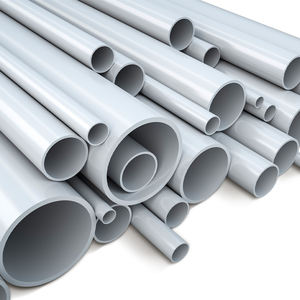
Pipeline Maintenance Inspection Protocols
Regular pipeline maintenance inspection is crucial for early detection of corrosion issues before they escalate into major problems. An effective inspection program includes:
- Visual Inspection: Regular checks for signs of leakage, discoloration, or surface changes
- Ultrasonic Testing: Measures pipe wall thickness to detect thinning from corrosion
- Water Quality Analysis: Monitors pH, oxygen content, and chemical composition that affect corrosion rates
- Pipeline Pigging: Uses inspection devices that travel through pipelines to assess internal conditions
- Corrosion Coupons: Small metal samples placed in water systems to measure corrosion rates
Protective Coatings and Linings for Corrosion Prevention
Applying protective barriers is one of the most effective methods for industrial pipeline corrosion protection. These systems create a physical barrier between the metal surface and corrosive elements:
- Epoxy Coatings: Provide excellent adhesion and chemical resistance for interior surfaces
- Polyurethane Coatings: Offer superior abrasion resistance for exterior pipeline protection
- Cement Mortar Linings: Used in large-diameter water pipes to create a protective pH environment
- Polyethylene Encasement: Effective for protecting buried pipes from soil corrosion
- Zinc-rich Primers: Provide cathodic protection for steel pipelines
Cathodic Protection Systems
For underground or submerged water supply pipelines, cathodic protection is an essential electrochemical method for corrosion protection. This technique uses direct electrical current to counteract the normal electrochemical reactions that cause corrosion:
- Sacrificial Anode Systems: Use more active metals (like magnesium or zinc) that corrode instead of the pipeline
- Impressed Current Systems: Use rectifiers to deliver continuous electrical current to the pipeline
Water Treatment Solutions for Corrosion Control
Modifying water chemistry is a highly effective approach to industrial pipeline corrosion protection. Water treatment strategies include:
- pH Adjustment: Maintaining optimal pH levels (typically 7.0-8.5) to minimize corrosion
- Corrosion Inhibitors: Chemicals that form protective films on pipe surfaces
- Oxygen Scavengers: Chemicals that remove dissolved oxygen, a primary corrosion catalyst
- Biocide Treatment: Controls microbial growth that contributes to corrosion
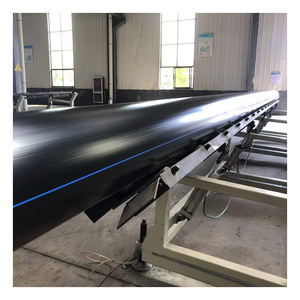
Extending Water Supply System Lifespan
Implementing a comprehensive corrosion protection program significantly contributes to water supply system lifespan extension. Key strategies include:
- Developing a preventive maintenance schedule based on corrosion rate data
- Implementing a comprehensive monitoring program with regular inspections
- Training personnel on corrosion recognition and prevention techniques
- Maintaining detailed records of inspection results and maintenance activities
- Budgeting for systematic replacement of aging pipeline sections
Effective industrial pipeline corrosion protection requires a multifaceted approach combining appropriate material selection, protective coatings, water treatment, cathodic protection, and rigorous pipeline maintenance inspection. By implementing these strategies, industries can achieve significant water supply system lifespan extension, reduce maintenance costs, prevent unexpected failures, and ensure operational continuity.
Supplier
Luoyang Datang Energy Tech Co., Ltd. is a leading Chinese manufacturer specializing in high-quality plastic pipes and fittings. Equipped with state-of-the-art automated production lines and supported by a team of 200 professionals, we offer an extensive product line comprising over 150 types of plastic pipes and fittings designed for water supply and drainage systems, gas transmission, and floor heating systems. Our main products include PVC Pipes and Fittings, PE (HDPE) Pipes and Fittings, PPR Pipes and Fittings, and PEX Floor Heating Pipes.
Should you have any inquiries regarding PPR pipes,Brass Valves and brass fittings, please do not hesitate to contact us!
Tel.:0086-183 3790 0677
Wechat: 0086-183 3790 0677
Whatsapp: 0086-183 3790 0677
Email: sales@pipesandfittings.net

